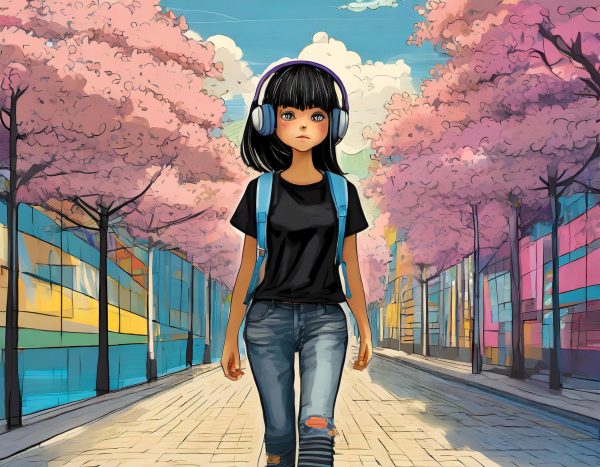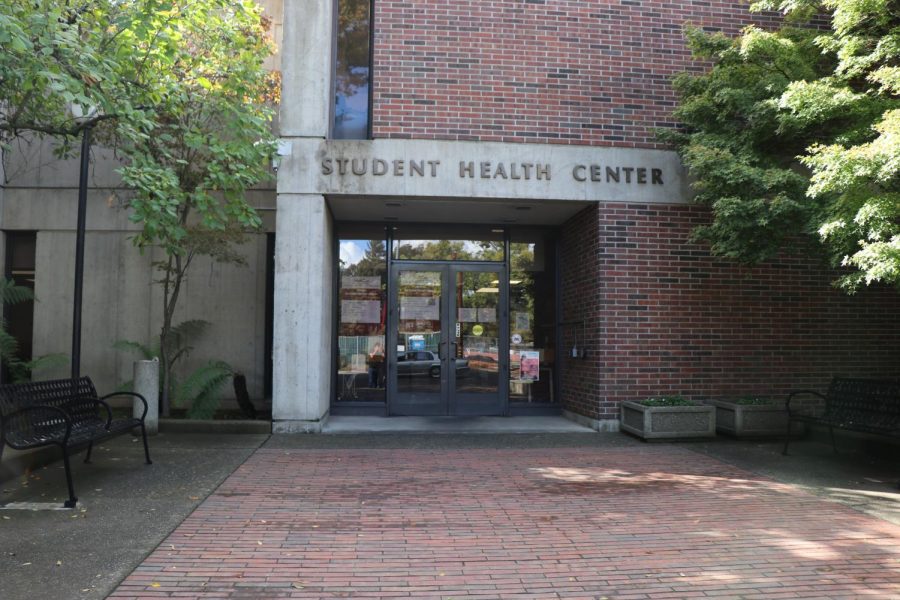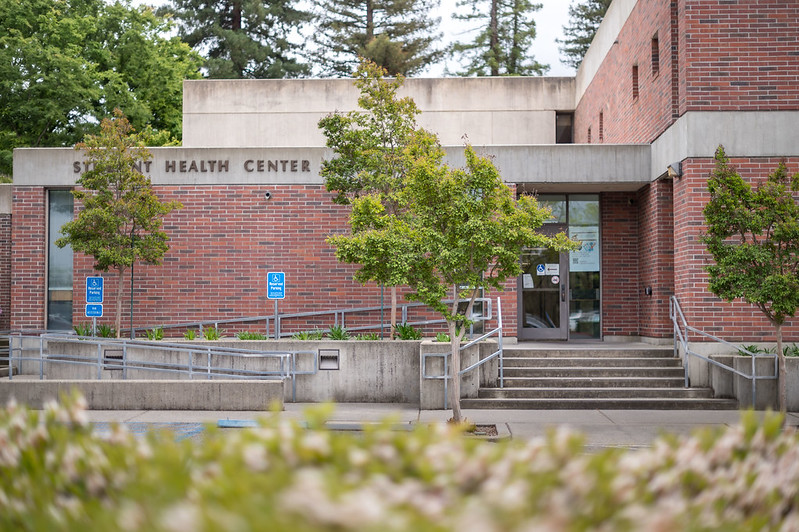
From the moment a first-year student steps onto campus, they become homesick and their mental health becomes a concern for the professionals they interact with.
Daisy Saldivar, a first-year liberal studies major from San Diego, said she is not depressed but a little homesick. She’s worried about her transition from high school to college.
She’s taking 16 units and is surprised at how fast-paced the classes are, Saldivar said. She’s a first-generation college student and is spending all her savings on bills because her parents are unable to help her.
“Even my older brother didn’t go to college, so there’s a little bit of pressure to stay on track,” she said. “I pay my own bills and stuff and I have what I’ve saved up to pay those things, but they’re going by quick so I’m kind of in a hurry to get a job on campus.”
The two main reasons for depression is homesickness and not having the support system they had at home, said Hayley Holloman, a resident adviser at the University Village.
A good way to identify if a student is depressed is when they become reclusive, appear to feel out of place or stop going to classes or events, she said.
“As an RA, we’re here to support our residents,” she said. “If I feel like it’s more than just a bad day and they don’t want to talk about it, I will recommend the health center or some type of support system.”
When she notices a student looks depressed, she talks to them, but if they don’t want to share, she doesn’t pry, Holloman said.
Chico State President Paul Zingg and Drew Calandrella, vice president for student affairs, sent out a letter August 25 to all faculty members informing them about the “Red Folder” initiative.
The initiative is a resource to help staff and faculty identify a student in psychological distress and increase their skills in approaching or intervening.
The letter cited a 2012 American College Health Association survey of Chico State students stating that 46.5 percent said they felt hopeless, 51.3 percent felt overwhelming anxiety and 31.6 percent felt so depressed it was difficult to function.
Every year, the American College Health Association conducts a survey called the National College Health Assessment to examine students’ behaviors and views about health issues.
In the survey, 34,587 students were surveyed across 57 campuses. Out of all the 57 campuses, 7.5 percent of the students said they had seriously contemplated suicide. 1.4 percent had attempted suicide.
According to the Suicide Prevention Resource Center, approximately 1,100 students die each year because of suicide.
“The number one ’cause’ of suicide is depression,” said Juni Banerjee-Stevens, counselor at the Psychological Counseling and Wellness Center, in an email to The Orion.
One in four students have depression, she said.
Junior psychology major Daniel Nguyen said that during his first two years at Chico State, he was depressed because of pressure from his parents to graduate college. During his first year, he didn’t speak about his struggle to anyone.
“It’s very difficult for a lot of students to push forward because of the hardships in college, classes, grades and the workload,” said Nguyen.
He never talked about his depression because he didn’t want to bother people, he said. He thinks other people hold it in for the same reasons.
While there are plenty of campus resources for students to manage their stress, such as free counseling from the Wellness Center and programs like UMatter, the first step is the student’s decision to find help, said Banerjee-Stevens. They avoid talking about depression because of the stigma about mental illness.
“We live in this culture that says if you’re depressed, it just means that you’re too weak to figure out how to not be depressed,” said Banerjee-Stevens. “So we have this running track in our head that reinforces this idea that we shouldn’t talk about it.”
Students who don’t get treatment for depression can experience significant stress on relationships, poor performance in classes or they drop out of school, Banerjee-Stevens said
“The more that we can have people model being open and transparent about it, the better it is for everybody,” said Banerjee-Stevens. “So what we’re talking about is reducing that shame that comes along with not being perfect and start talking openly about it, because that’s what’s going to demolish the stigma.”
Michael Fritz can be reached at [email protected] or @themkfritz on Twitter













